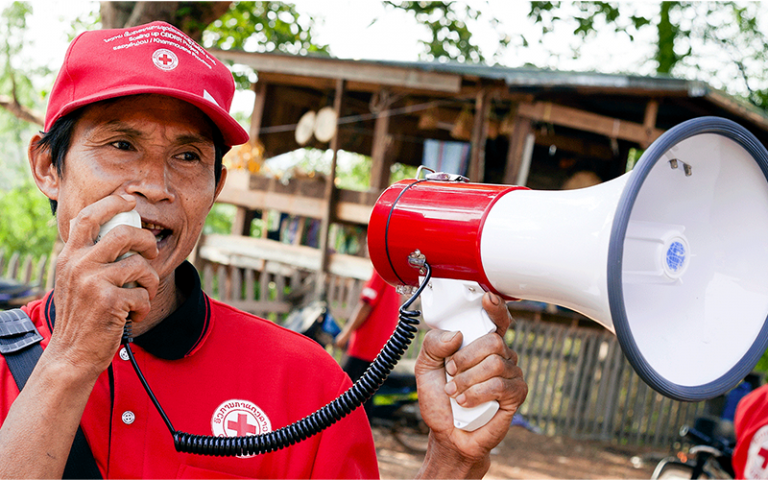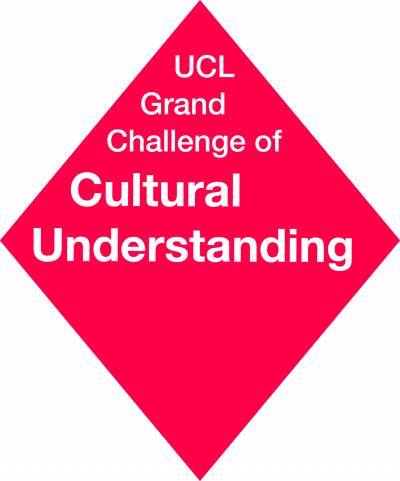Crisis Translation: Measuring health communications with disaster-affected communities
Identifying fundamental problems of multilingual communication that affect disaster scenarios and crisis response.

30 January 2020
Crises are growing increasingly multilingual and intercultural in nature. It appears that our instruments to respond to crises and reduce risks are still relying on simplistic notions of lingua franca, in which English or other core languages are enough to ensure effective and timely communication among all field operators. After crises and emergencies, most operators agree that the problems that could have been solved are often linked to communication issues and logistics; these are the realms in which considering a better use of translators offers immediate benefits to disaster-affected communities.
This project, therefore, sought to identify fundamental problems of multilingual communication that affect authentic disaster scenarios. These communication issues were studied from the point of view of measuring comprehensibility, readability, and effectiveness of translation in the receiving audiences. Through an experiment testing the English translation of authentic messages on respondents and measuring cognitive stimuli, such as eye-tracking, the study examined participants’ emotional and cognitive responses to messages. This allowed the team to identify why and how the source messages pose problems of communicative efficiency and whether the changes driven by the analysis of the biometric measurements of the participants’ responses led to any improvement. The pilot study also lead to many new questions and enabled the researchers to reconsider intuitions and identify more marked parameters for data collection.
The preliminary findings of the project have helped to refine research questions and have led to a joint-authored, open-access journal article on crisis translation training. In addition, Dr Federici's teaching and module design has drawn on the findings from the pilot study.
The project team's continued work on multilingual communication in crisis settings, which was kick-started through the Small Grant, has allowed Dr Federici and the INTERACT Crisis Translation team to offer advice to the Wuhan Regional Emergency management office on providing multilingual, effective, and trustworthy information regarding the coronavirus at the end of January 2020. The Office has taken up suggestions and the project team will shortly follow up to have feedback on what worked/didn’t work.
Image credit: The International Federation of the Red Cross
 Close
Close


